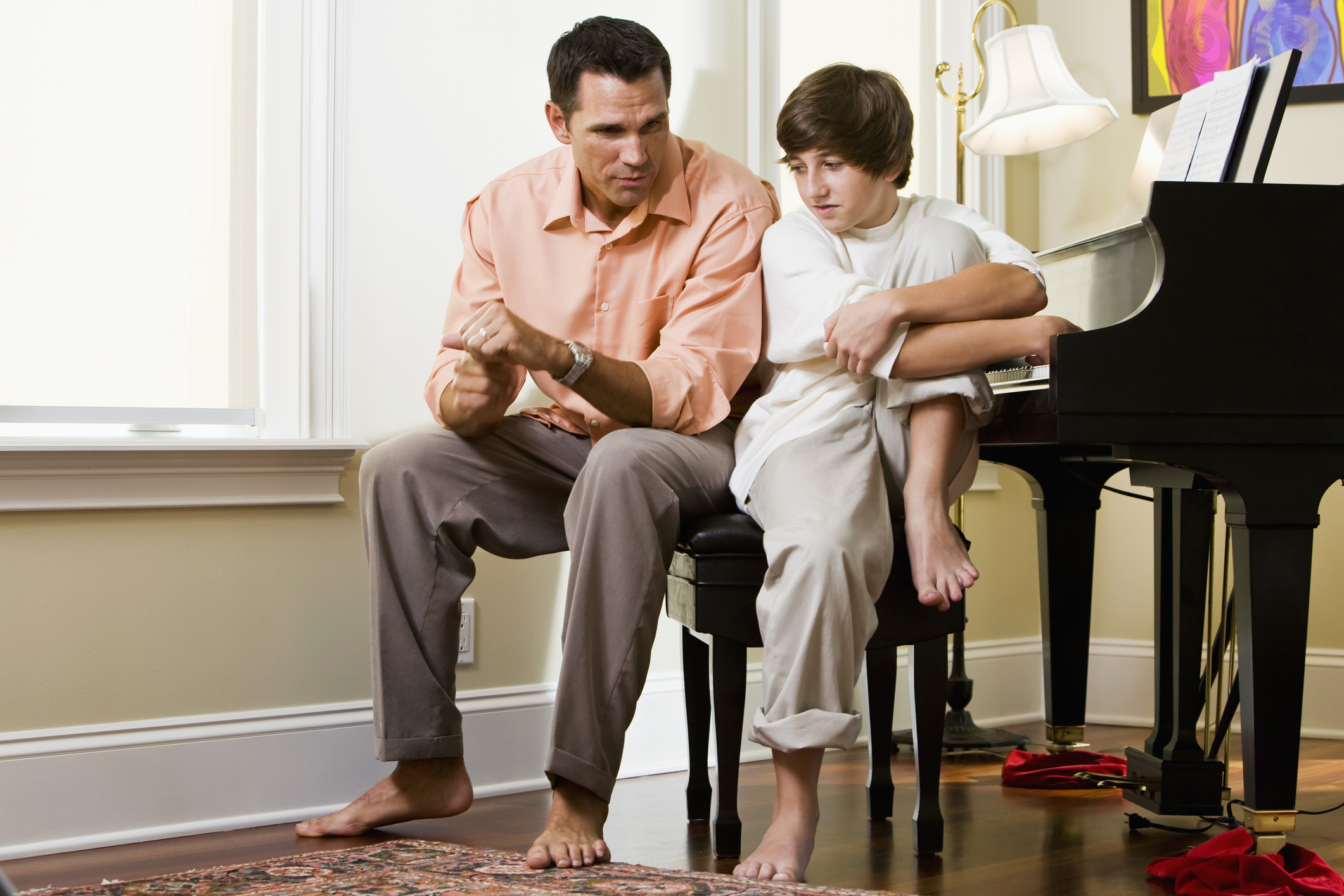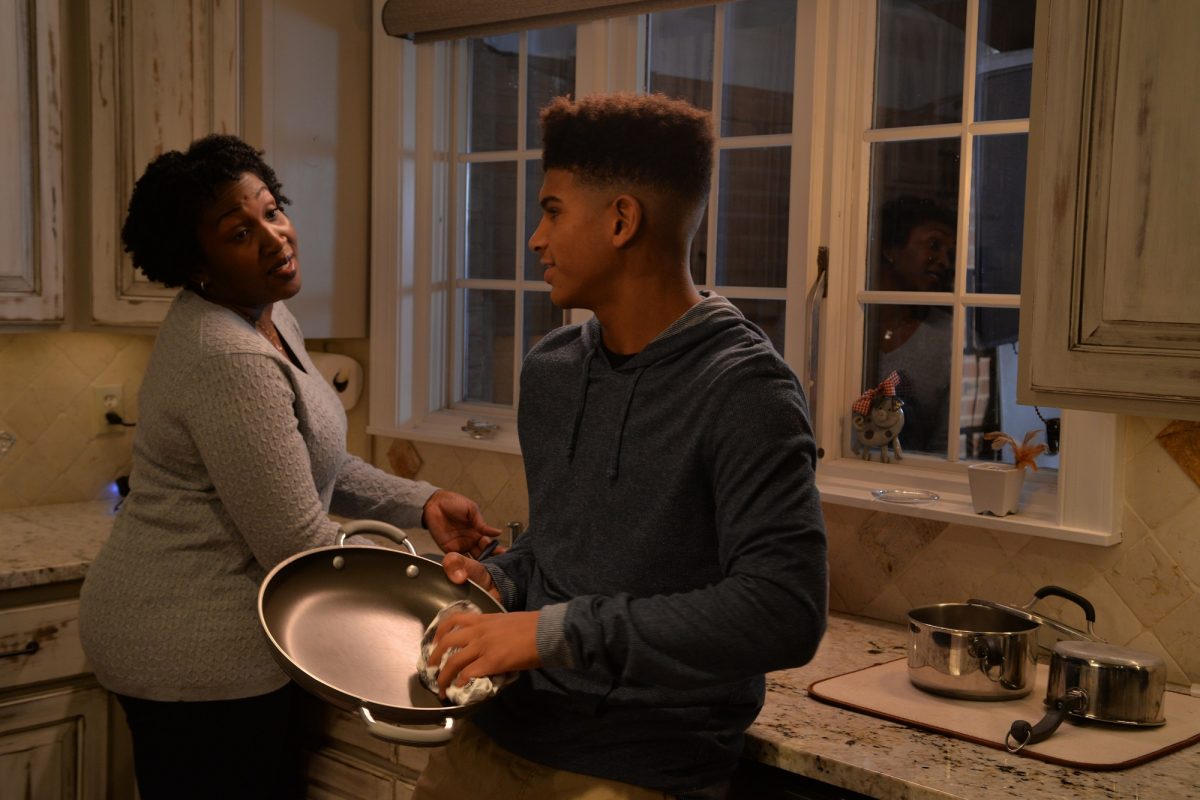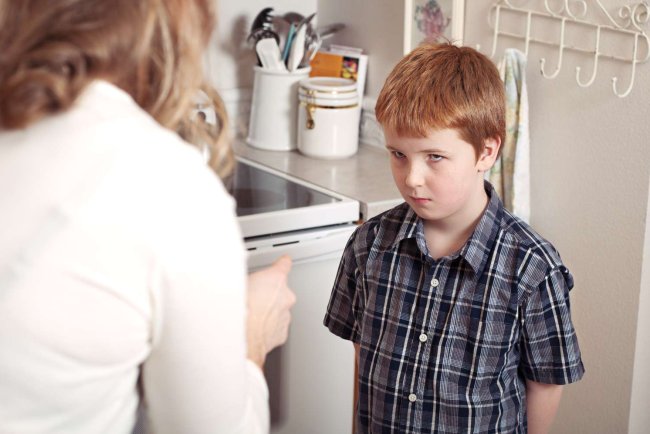How to Talk to Your Teen About Drugs: 5 Honest, Human Tips That Actually Work
Parenting a teenager can feel like walking a tightrope especially when the topic turns to drugs and alcohol. You want to protect them, to keep them safe, to press pause on every possible danger. But the truth is, no matter how much we wish otherwise, we can’t control every moment of their lives.

So how do you talk to your teen about substance use without sparking defensiveness, rebellion, or a total shutdown? The answer lies in being clear, curious, and compassionate, not perfect. Here are five real-world ways to open up the conversation.
1. Say Exactly What You Mean
Phrases like “Make good choices” or “Be smart” sound loving, but to a teenager, they can be code for “Do whatever you want, just don’t get caught.”
Instead, be specific. If you mean, “You can go out with your friends, but I need to know you won’t be drinking or smoking weed,” then say exactly that. Teenagers are experts at reading between the lines and if your message leaves room for interpretation, they’ll fill in the blanks themselves.
Clarity isn’t controlling; it’s protective. Setting boundaries shows them where safety ends and risk begins.
2. Ask More Than You Lecture

Every parent has an inner voice that wants to lecture. It’s the voice of love mixed with fear, the one that remembers every bad decision you made at their age. But here’s the truth: teenagers don’t need another sermon. They need to feel heard.
Try asking open-ended questions like, “What have you heard about vaping?” or “What do your friends think about marijuana?” Then pause, really pause and listen. Reflect what they say back to them: “So you’ve heard it’s safe because it’s natural?” This kind of reflective listening helps them feel respected, not cornered.
You don’t have to agree with everything they say; you just have to show that their perspective matters. Ironically, that’s what makes them more likely to listen to yours.
3. If They’ve Used, Get Curious Not Furious
If you find out your teen has used drugs or alcohol, take a breath. Reacting with pure anger often closes the door to the real conversation, the one that could help you understand why.
Teens often use substances to manage anxiety, numb stress, or fit in socially. Asking what they were feeling, or what they were hoping for, can reveal far more than asking why they did it. Sometimes, it’s less about defiance and more about discomfort.
If you suspect your teen is using regularly or struggling emotionally, professional support can make a world of difference. Therapists trained in adolescent behavior can help teens unpack their choices and help parents learn how to respond without pushing them away.
4. Know When It’s Time to Step In

There’s a fine line between guidance and intervention and knowing when to cross it can be tricky. Occasional experimentation isn’t the same as dependency, but if your teen’s use becomes frequent, secretive, or tied to emotional instability, it’s time to get help.
Reach out to your pediatrician for an initial assessment or a referral to a substance use specialist. Early intervention doesn’t just prevent addiction it can also uncover anxiety, depression, or trauma that’s fueling the behavior in the first place.
You don’t have to navigate this alone, and neither does your teen.
5. Talk About Family History Honestly
Addiction doesn’t happen in a vacuum. Genetics play a major role as does the environment your teen grows up in. If there’s a family history of substance use disorders (in a parent, grandparent, aunt, or uncle), your child deserves to know.
You don’t have to frame it as doom. Instead, say something like: “There’s a history of addiction in our family. That means you might be more sensitive to certain substances, even if your friends aren’t.”
Being honest about risk gives teens real reasons to pause not because you said so, but because they understand why.
The Bottom Line
Talking to teens about drugs isn’t about control, it's about connection. They need your guidance, yes, but they also need your empathy. They need to know that even if they stumble, you’ll still be calm, curious, and ready to help them find their footing again.
The most powerful message you can send isn’t “Don’t ever do this.”
What's Your Reaction?




















